War, persecution and a lack of economic opportunities lead many people to flee to Europe. In the long run, new border fences can do nothing to change that. The underlying causes of migrations have to be addressed. But how? Five experts offer their insights in this exclusive KfW Stories article.
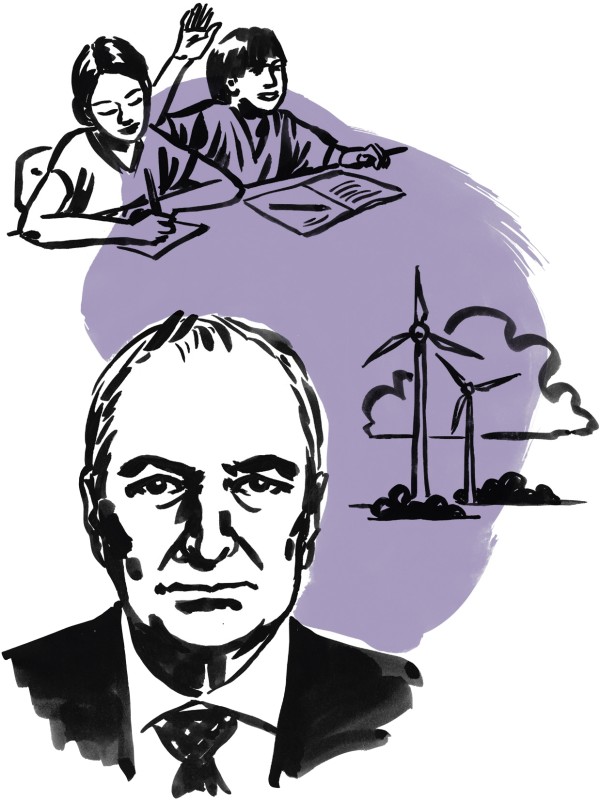
Klaus Töpfer
This sustainability expert was Germany’s Federal Minister for Environment, Nature Conservation, Building and Nuclear Safety in a CDU/CSU/FDP cabinet, and executive director of the UN Environmental Programme (UNEP) in Nairobi. More recently, he led the IASS sustainability institute in Potsdam.
Work in solidarity with the Global South
KLAUS TÖPFER The flow of refugees around the world proves that ‘sustainable development’ is the new term for peace. The measures we take to promote economic development and eliminate extreme poverty must be designed to ensure that these benefits do not come at the expense of societal stability and the health of our environment.
After all, prosperity that is built on environmental destruction is not true prosperity, but at most a kind of short-term alleviation of tragedy, as former UN General Secretary Kofi Annan has observed. Annan is right: “There will be no peace if this attack on nature continues, but there will be greater poverty.”
The fight against the underlying causes of refugee crises must therefore be tied to measures in industrialised countries to prevent the costs of their own prosperity from being passed on to future generations and the environment. This includes a climate policy aimed at achieving a CO₂-neutral economy and society by the middle of this century. It includes a lifestyle that is no longer so energy- and resource-intensive. It includes an agricultural sector in developing countries that is not robbed of its future potential by highly subsidised imports from developed countries.
The underlying causes of refugee crises must also be eliminated through forward-thinking diplomacy, through the establishment of reliable state structures, and above all through massive investments in education and training. In Germany too, there are enormous opportunities for a proactive peace policy – through domestic action and cooperation in solidarity with developing countries, and by offering environmentally and socially sustainable technologies.
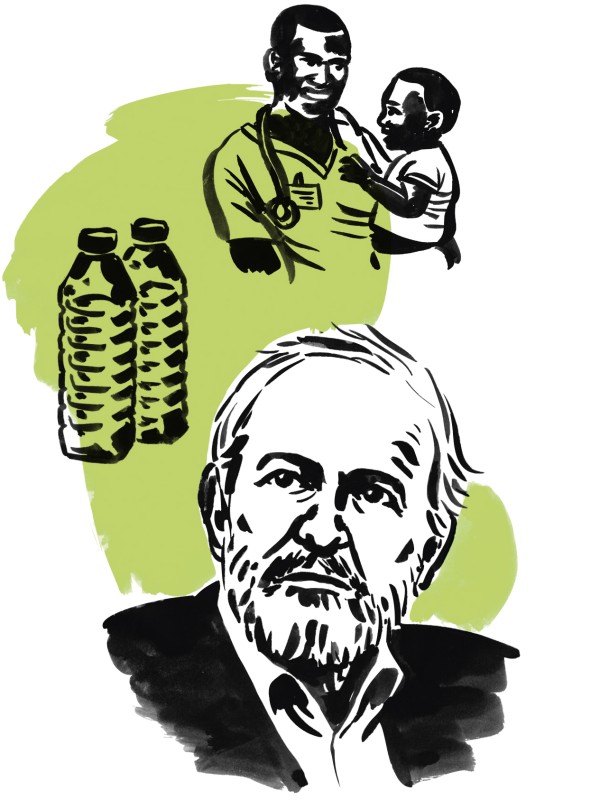
Ernst Ulrich von Weizsäcker
Co-president of the Club of Rome think tank, Prof. Weizsäcker is a physicist and biologist. He was the founding president of the University of Kassel and the Wuppertal Institute for Climate, Environment and Energy, and a member of the German Bundestag for the SPD.
Stabilise population figures
ERNST ULRICH VON WEIZSÄCKER Where do most refugees come from? From countries in which droughts are increasing due to climate change, in which governments can no longer cope with the people’s dissatisfaction, and in which virtually no efforts are yet underway to stabilise populations. For a long time, many of these countries were able to sell oil and other goods to compensate for the insufficiency of their soil. This also had a politically stabilising effect.
But the era of high oil prices is over now. What can these countries do? I will first consider the ecological question. The goal must be a sustainable supply of water, energy, nutrients and raw materials. This is possible with modern technology. Water is in short supply in these countries. It must be cleaned and treated just as thoroughly after use as it is here in Germany. Agriculture must transition to the economical but effective drip irrigation method. Nutrients, metals and plastics must be continually recycled. And solar energy must be used in large power plants, but also in decentralised systems, in order to eliminate energy poverty. The threat from IS and Al Qaeda has complicated the realisation of these goals, but it is critical that we continue to pursue them.
The stabilisation of population figures is not on the agenda, but that only makes it more essential. It is well-known that equal rights for women are helpful in this regard, as are children’s health clinics and a retirement system that families can rely on. Families are then less inclined to believe that having lots of children is the best insurance for old age. Stable population figures also have a politically stabilising effect. An ‘excess’ of young men is potentially explosive, especially when most of them are unemployed. And many of them become refugees.
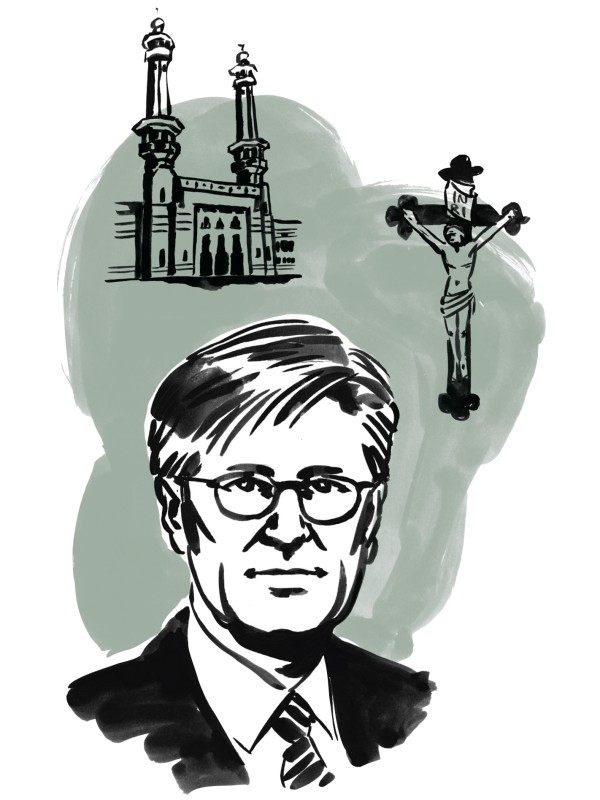
Heinrich Bedford-Strohm
The Chairman of the Council of the German Evangelical Church is also a bishop of the Evangelical Lutheran Church in Bavaria and an Honorary Professor for Systematic Theology and Contemporary Theological Issues at the University of Bamberg.
Improve dialogue between religions
HEINRICH BEDFORD-STROHM Religion has power. For example, it is good to have the religious imagery and vocabulary of the Biblical reports of Jesus’ death and resurrection to help us deal with pain and grief, and to teach us that death does not have the final word. And yet, there are many people nowadays who do not perceive religion as an exclusively positive force. They point out the conflicts that have arisen between religions around the world throughout history. In their search for ways to eliminate the root causes of refugee crises, the primary question for these people is how different religions can live together in peace.
I must admit that this focus does not appeal to me, as it implicitly assumes that religions are the main reason for the world’s unrest. This analysis is at least as short-sighted as any other that would ascribe everything to a single cause. After all, there are also social factors at work in almost every ‘religious’ conflict.
Still, it is undeniable that dialogue between religions is an important factor for peaceful coexistence. In this regard, the first thing we must acknowledge is that different religions with their different conceptions of God cannot always be easily reconciled. The idea that God appeared on Earth in the form of a man who died on the cross is completely unacceptable to Muslims.
Differences between religions must therefore be acknowledged and discussed openly. Our goal must not be to level out all the differences, but to learn to deal with those differences by listening to each other rather than disparaging each other. Where trust can grow based on respectful interactions like these, religions can work together on what originally defined them: their ability to be a force for peace, grounded in a sense of brotherhood and love for one’s fellow man.
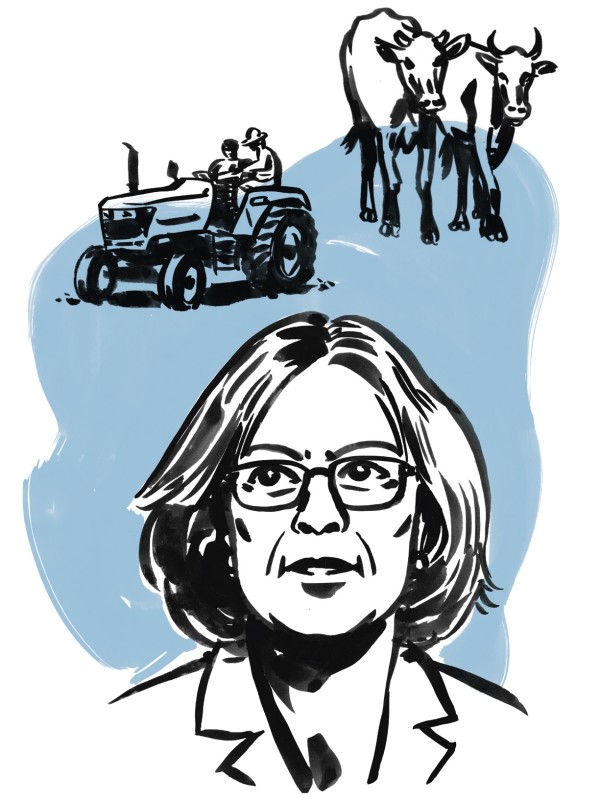
Bärbel Dieckmann
The President of the Welthungerhilfe aid agency was mayor of Bonn from 1994 to 2009, and a member of the SPD party leadership. She is a member of the Board of Trustees of the Development and Peace Foundation.
Strengthen smallholders’ rights
BÄRBEL DIECKMANN Worldwide, 795 million people are going hungry. Not all of them leave their homeland, but a lack of food security for families, in combination with war, violence or persecution, does lead many to become refugees. Therefore, fighting hunger is at the core of Welthungerhilfe’s efforts. From our experience with aid projects, we know that only when concrete opportunities are created at home, along with the associated hope for better living conditions, will people choose to stay in their native countries.
Because two out of every three people faced with hunger live in rural areas, support for smallholder farmers must be a top priority. These men and women do their best to feed their families and earn money. Often they are lacking in simple things that would allow them to eat enough each day and to earn a small income. Better seeds, vaccinations for their animals, new irrigation systems for their fields – all of these can contribute to long-term improvements in living conditions. Advanced training can lead to increased crop yields in every field, and farmers can learn successful marketing strategies in training courses. It is important to incorporate local knowledge into such training as well.
Targeted support measures for rural areas provide the conditions in which families in rural towns can have a chance to live their lives independently and with dignity. This is essential if these families are to stay at home rather than travelling to distant lands in search of a better life.
International politics must establish the basic conditions for these developments. These include investments in rural development, fair trade policies, and a fair distribution of land. On this last point, it is the duty of the countries of the Global South themselves to strengthen the land rights of smallholder farmers and to push for the creation of local business communities.
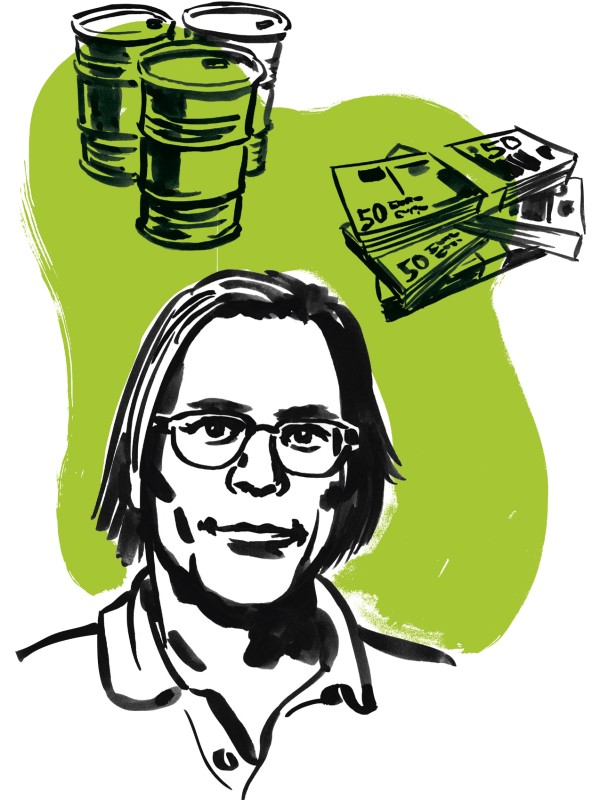
Harald Welzer
A social psychologist and sociologist, Professor Welzer teaches at the University of Flensburg. He is the co-founder and director of the Futurzwei foundation. His best-selling books include "Täter" ("Perpetrators"), "Klimakriege" ("Climate Wars"), and "Selbst denken" ("Think for Yourself").
Question the global distribution of wealth
HARALD WELZER The growing number of refugees whose presence has been placing the EU under extreme pressure since the summer of 2015 has revealed a truth that would have otherwise remained hidden: The complete fossil energy supply of the rich societies depends on countries that are highly unstable politically and in which proxy wars are fought whenever crises arise, that can barely be brought under control, if at all. We then hear a lot about the "causes of refugee crises" in political debates, but we do not hear the question that summarises the age-old lie of Western civilisation as a whole: "How did our oil get under their sand?"
It has suddenly become clear that the comfortably isolated existence of the industrialised countries, which relies on importing raw materials and exporting various problems, can only continue undisturbed as long as the costs of this comfort are not paid by those who cause them. Perhaps we have now arrived at a historic point at which the illusion of a global growth economy that claims to pursue both environment and human-rights goals is finally revealed as precisely that – an illusion.
Source
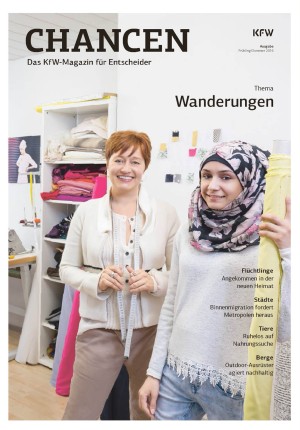
This article was published in CHANCEN spring/summer 2016 "Migrations".
to German editionGiven this situation, the world’s governments, corporations and civil societies must initiate a change of course towards sustainability: Questions about the global distribution of wealth must no longer be excluded from the discussion, and good governance in countries that are potential sources of refugees must be supported by real prices for raw materials and food, and by the construction of infrastructure and regional economies.
The alternative is extremely questionable on a moral level: politics of exclusion and isolation that no longer bother with the window dressing of concern for the environment and human rights with which it used to decorate its economic paradigm. Our change of course must be implemented rigorously and consistently. Any other approach is sure to fail in the long run.
Published on KfW Stories: Wednesday, 19 April 2017

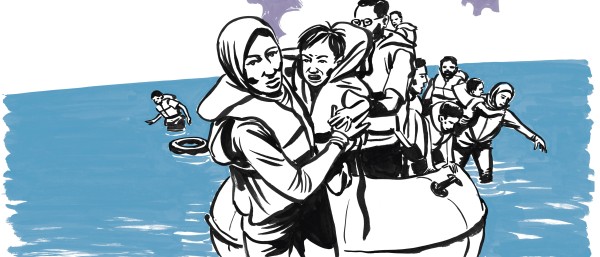
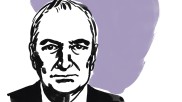
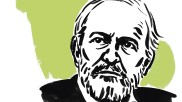
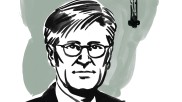
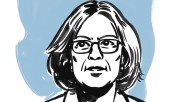
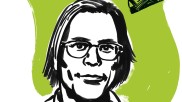
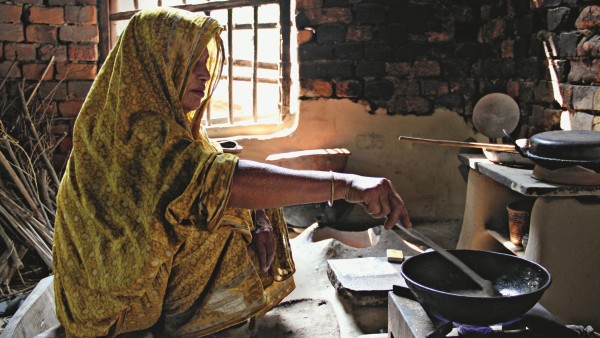
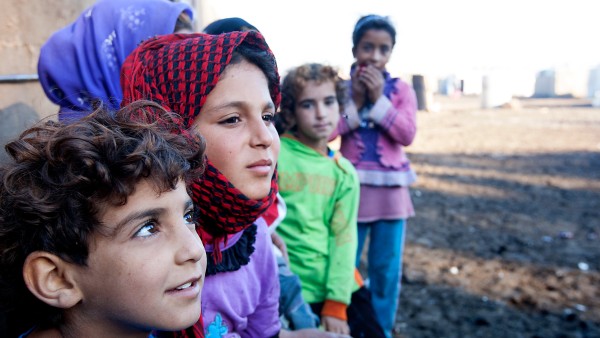
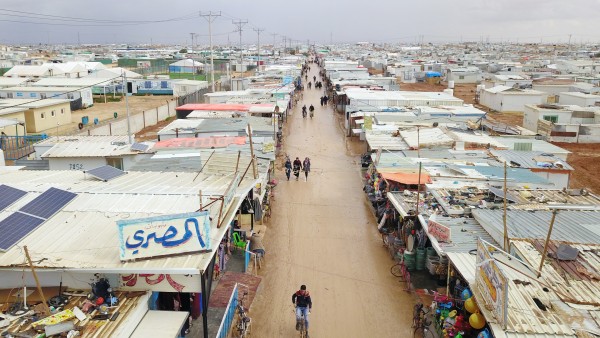
Data protection principles
If you click on one of the following icons, your data will be sent to the corresponding social network.
Privacy information